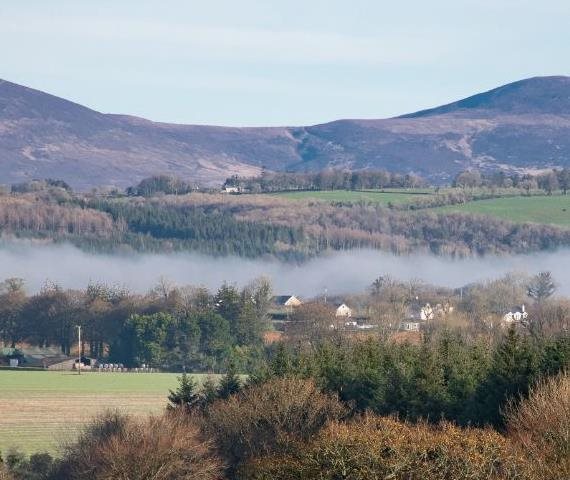tHE GREEN CERT, understanding the young trained farmer status


A common query we receive in equuip is in relation to the ‘Young Trained Farmer’ status or the ‘Green Cert’ qualification as it is often referred to. Below are some of the most frequently asked questions with responses:
Common questions about the green cert
The Green Cert is the historical name for the first recognised course of training for young farmers.
There are a number of courses which have ‘Young Trained Farmer’ status. When people mention the ‘Green Cert’, they are actually referring to a list of land based courses which qualify a person as a ‘Young Trained Farmer’.
The term ‘land based courses’ covers a range of courses in agriculture, horticulture, forestry, or equine studies. Teagasc also run a level 5 part time Green Cert Programme and a Distance Education Green Cert for non agri award holders.
Below are three questions and responses to consider if you are interested in qualifying as a 'Young Trained Farmer':
- The stamp duty manual
- The list of eligible courses
- The incentives available to young trained farmers.
One of the main reasons to engage in a training course is to improve their skills, competence, and employability. It also ensures eligibility for Department of Agriculture, Fisheries, and the Marine schemes and it allows for a relief from stamp duty on either the transfer, or purchase, of land where all of the following criteria are satisfied:
a) The recipient is under 35
b) The recipient has achieved the appropriate qualification (Young Trained Farmer Status)
c) The recipient spends not less than 50% of his/her normal time farming the land for a period of five years from the date of execution
d) The individual retains ownership of the land for the entire five-year period
As mentioned above, section 81AA of the stamp duty manual, Transfers of land to young trained farmers outlines the relevant qualifications which are deemed necessary, however, where an individual obtains alternative qualifications, for example from another jurisdiction, it may be possible for the individual to still claim young trained farmer relief, if the applicant obtains approval from Teagasc, certifying that the qualifications obtained are equivalent to the Irish qualifications.
It is also worth noting that if the land is being transferred into joint ownership; all joint owners will need to satisfy the criteria set out above.
1. Qualifications awarded by the Qualifications and Quality Assurance Authority of Ireland:
a) Level 6 Advanced Certificate in Farming;
b) Level 6 Advanced Certificate in Agriculture;
c) Level 6 Advanced Certificate in Dairy Herd Management;
d) Level 6 Advanced Certificate in Drystock Management;
e) Level 6 Advanced Certificate in Agricultural Mechanisation;
f) Level 6 Advanced Certificate in Farm Management;
g) Level 6 Advanced Certificate in Machinery and Crop Management;
h) Level 6 Advanced Certificate in Horticulture;
i) Level 6 Advanced Certificate in Forestry;
j) Level 6 Advanced Certificate in Stud Management;
k) Level 6 Advanced Certificate in Horsemanship;
l) Level 6 Specific Purpose Certificate in Farm Administration
The majority of the above named courses are available through Teagasc, the Agriculture and Food Development Authority. However any QQI accredited provider who delivers one of the above named courses to a Level 6 accredited standard will meet the requirements for a ‘young trained farmer’.
For example:
The Curragh Post Primary School delivers an Advanced Certificate in Equine Studies (Horsemanship (6M3505) or Equine Breeding (6M3507)); successful completion of either of the above courses will meet the requirements for a ‘Young Trained Farmer’
Galway Community College also offers a Horsemanship Level 6 (6M3505) course. Successful completion will meet the requirements for a ‘Young Trained Farmer’.
Before committing to any action, (whether it be a course of study or the transfer of land) it is imperative that you check revenue.ie for any updates, amendments, or deletions to the following:
- The stamp duty manual
- The list of eligible courses
- The incentives available to young trained farmers.